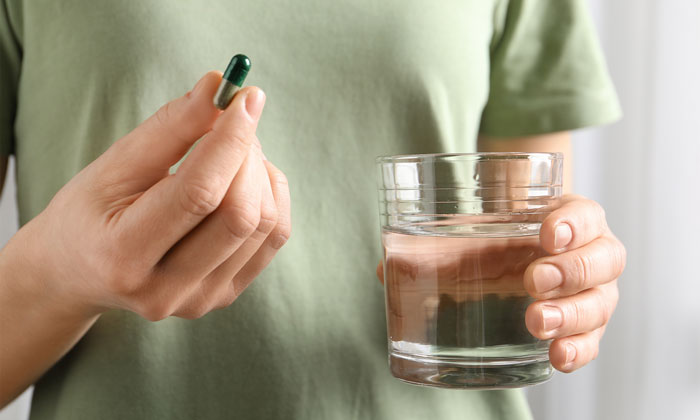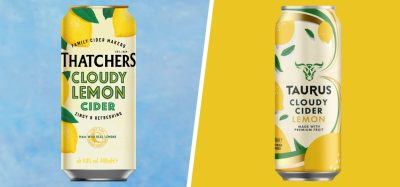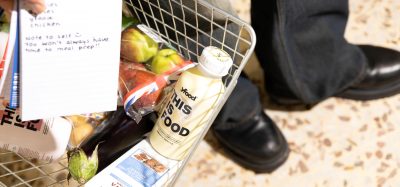Algae supplements sales soar due to demand for nutritional supplements
- Like
- Digg
- Del
- Tumblr
- VKontakte
- Buffer
- Love This
- Odnoklassniki
- Meneame
- Blogger
- Amazon
- Yahoo Mail
- Gmail
- AOL
- Newsvine
- HackerNews
- Evernote
- MySpace
- Mail.ru
- Viadeo
- Line
- Comments
- Yummly
- SMS
- Viber
- Telegram
- Subscribe
- Skype
- Facebook Messenger
- Kakao
- LiveJournal
- Yammer
- Edgar
- Fintel
- Mix
- Instapaper
- Copy Link
Posted: 8 May 2019 | New Food Magazine | No comments yet
Worldwide sales of algae supplements are estimated to surpass 4300 tons in 2019, recording a 6% year-on-year growth over 2018.


This is according to a recent report which states that this growth in sales is due to surging demand for nutritional supplements and a growing trend of dietary reassessments by consumers. Furthermore, algae supplements continue to gain monumental traction among health-conscious consumers, who are increasingly drawn toward the unique benefits of algae-based products.
The report (Algae Supplements Market by Fact.MR) continued that: ‘Augmented interest in preventive healthcare has created a massive shift toward nutritional supplements and this, in turn, is being captured by the players in the algae supplements market, as a dynamic opportunity to boost their bottom line sales.’
The study also found that multiple research studies carried out in favour of algae as a viable food supplement are contributing to the growth of algae supplements market during the forecast period. Algae supplements are rich in proteins, minerals, and amino acids, which make them an ideal fit for consumers seeking the much-needed nutritional boost.
Drug stores lead, both in terms of new sales and new purchases, according to the report, due to ease of availability and consumer confidence. Sales are also growing through online channels, as doorstep delivery and lower prices attract a new demographic of consumers.
The study also analysed supply-demand for algae supplement variants, and opines that spirulina-based algae supplements will remain the top-selling category, with global sales estimated to exceed 2200 tons in 2019. Consumer perception on spirulina’s versatility and nutritional benefits is likely to influence manufacturers to launch a diverse range of products in the market.
Furthermore, due to varied consumer preferences regarding consumption of algae supplements, companies have introduced various forms of these supplements including tablets, capsules, liquids, powders and granules, and softgels. Softgels are expected to witness a relatively larger adoption, with global sales estimated to surpass 1100 tons in 2019. The study found that consumers are increasingly opting for softgels as they are relatively easier to swallow, and are devoid of any pungent smells characteristic of the ingredients used in manufacturing algae supplements.
According to the report, manufacturers’ efforts to position themselves as a one-stop destination for multiple product varieties will remain a key strategy to gain a competitive edge in the algae supplements market. In addition, manufacturers are keeping a close track of regulatory shifts to make respective product reformations to avoid supply disruption.
Related topics
Health & Nutrition, Plant based, The consumer, Trade & Economy








